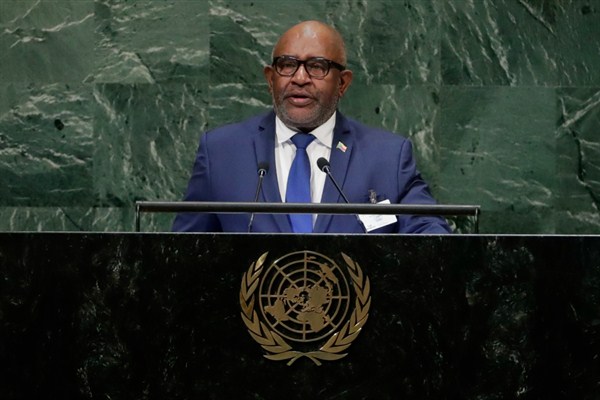Comoros’ Supreme Court has certified President Azali Assoumani as the winner of last month’s presidential election with 59 percent of the vote, despite protests from the opposition and serious flaws in the voting process. At least three people were killed in a failed uprising at a military base several days after the election, prompting the United States to withdraw its personnel from the islands. Meanwhile, the opposition has been decimated by a campaign of arrests and intimidation, says Simon Massey, a senior lecturer in international relations at Coventry University. In an interview with WPR, he discusses the possibility of further unrest in the coup-prone country and the direction Comoros is likely to take under Assoumani’s continued rule.
World Politics Review: How credible was the presidential election last month, and how much validity does there appear to be to the opposition’s complaints that the vote was rigged?
Simon Massey: There are significant doubts over the credibility of last month’s poll. In the previous presidential election, in 2016, Assoumani received 15 percent of the vote in the first round and 41 percent in the second round, so the electoral math across Comoros’ three islands would have needed to change significantly for him to win 59 percent of the vote this year. A joint electoral observation mission comprising the African Union Commission, the Common Market for Eastern and Southern Africa and the East African Standby Force released a report shortly after the vote that highlighted some serious concerns. That mission noted the “deep divisions” between the country’s political actors that formed as a result of the contested constitutional referendum in July 2018, which, among other controversial changes, extended presidential term limits and abolished a power-sharing arrangement between the country’s three main islands. As a result, the mission suggested, the election was held on “ambiguous” legal and constitutional grounds.

